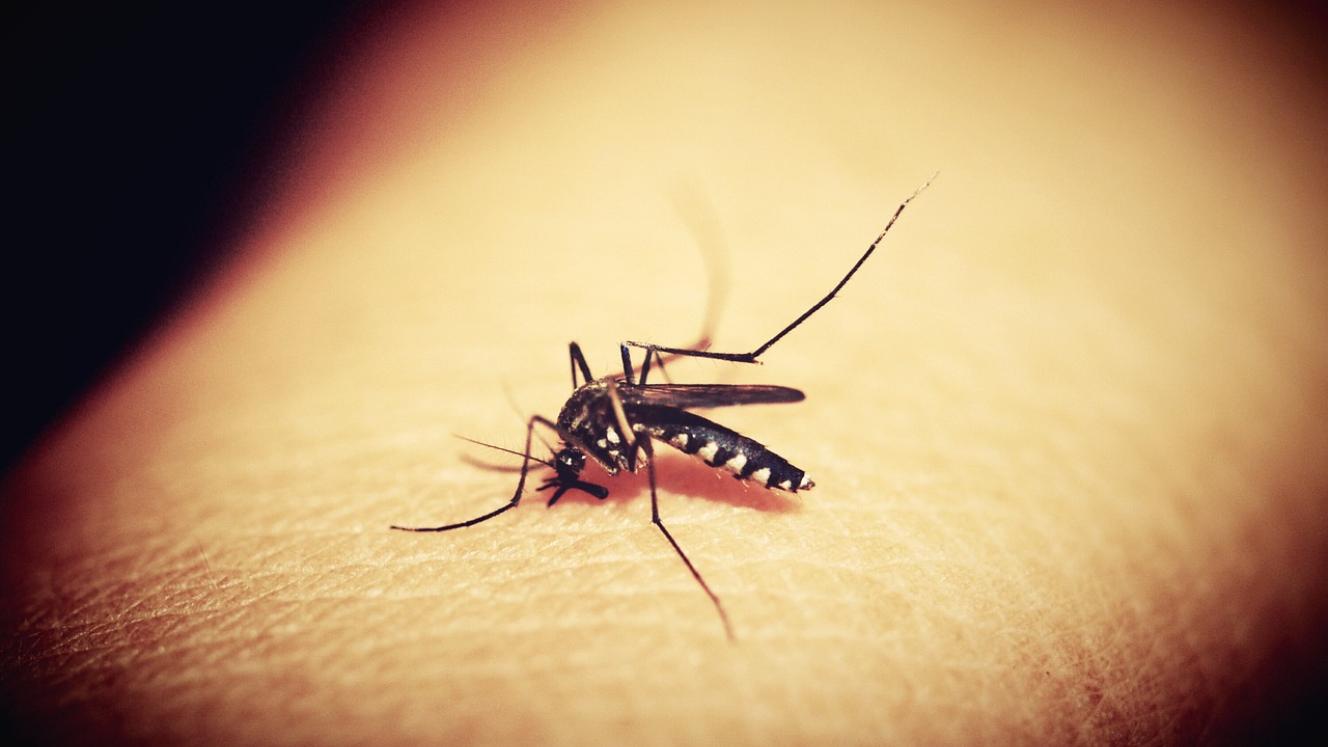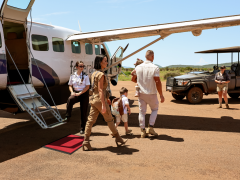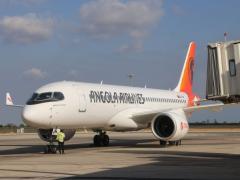Africa’s biggest killer, malaria, is endemic in many of South Africans’ favourite winter holiday spots, and pregnant women, babies and young children are particularly at risk.
Now a serious shortage of paediatric malaria prevention drugs looms in South Africa in the short term.
The South African Society of Travel Medicine (SASTM), South African Paediatric Association (SAPA) and the Southern African Society of Paediatric Infectious Diseases (SASPID) along with the South African Malaria Elimination Committee (SAMEC) and academics, have jointly issued a press release saying there is likely to be an imminent stock outage of malaria prophylaxis for children in the South African market ahead of the winter holidays, a time when many families travel to high-risk malarial areas.
“It has come to our attention that there is an imminent stockout of the only medicine for the prevention of malaria in toddlers and young children in South Africa, as stocks of the only current supplier, AcinoSwiss, will expire by end July 2023.
“This comes at a critical point when many families will be heading out to malaria endemic areas in the Lowveld and neighbouring states, eg Mozambique, and it follows on mefloquine, the only medication suitable for babies and pregnant women who must travel to malaria risk areas, no longer being marketed in South Africa.
“The only other prophylactic available in South Africa is doxycycline but this is not suitable for use in toddlers, young children (under 8 years) and in pregnancy. There have also been intermittent shortages of doxycycline in the last two years.
“Malaria is the most common, preventable infectious disease cause of death in travellers in Africa. Children and pregnant women are at particular risk of dying from malaria.
“Adult formulations of the tablet containing the same active ingredients, atovaquone/proguanil, remain available, but for practical and pharmaceutical reasons these tablets cannot be used in children.
“Representatives of the societies and SAMEC met with AcinoSwiss, the sole supplier of Malanil Paediatric, earlier this week, to find an urgent solution. The company is immediately making available a supply of tablets still in stock, but with short expiry dates, at end July 2023. The tablets will be available at certain travel clinics and pharmacies.
“Potential solutions discussed for once that stock expires, include urgently bringing to market generic tablets already registered in South Africa and/or the importation of alternative generics. New formulations would have to be approved by the South African Health Products Regulatory Authority (SAHPRA), a process that can take months. An ad hoc steering committee offered to engage with SAHPRA to request speeding up the review process once a potential supplier is identified.
“As an interim measure, South Africans are advised not to travel to high-risk malaria areas if travelling with young children, unless travel is unavoidable. If travel cannot be deferred at all, travellers should make strict use of all measures to avoid mosquito bites at all times and seek urgent, expert medical advice for anyone with the symptoms of a flu-like illness, namely fever, headache, cold shivers, nausea and vomiting, muscle and joint pain. These signs and symptoms may be difficult to detect in babies and young children, increasing the risk of a delayed diagnosis and death.”
The South African Society of Travel Medicine represents approximately 500 travel health practitioners in Southern Africa. Its mission is to guide the profession in all aspects relating to the practice of travel medicine, liaise with the travel industry, consult with relevant authorities, advise the public and collaborate nationally and internationally on all aspects relating to travel medicine.













